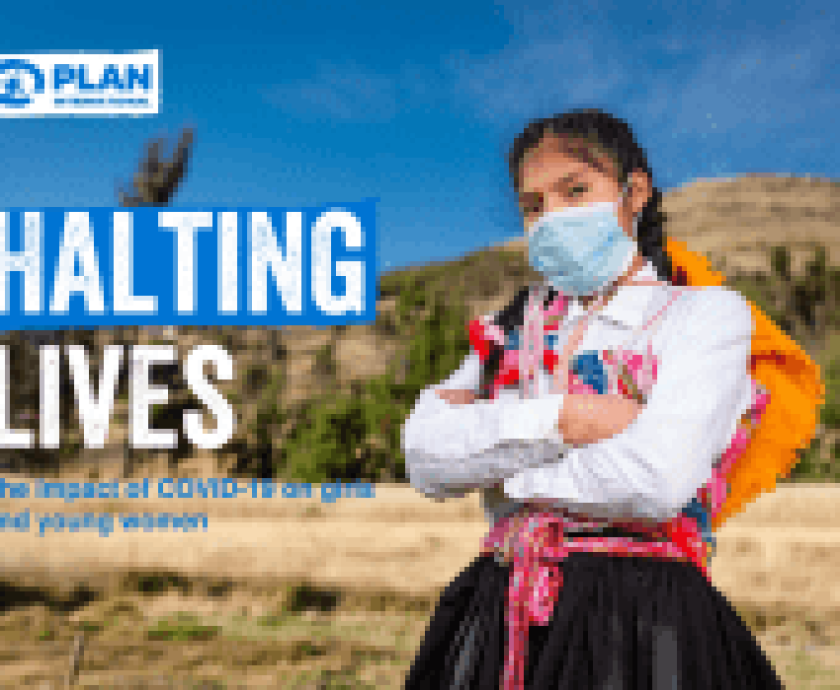On International Workers’ Day, May 1, countries worldwide celebrate workers’ rights, and people take to the streets to call for better working conditions. Governments should also recognize people’s rights to safety and dignity in the world of work by ratifying the International Labour Organization (ILO) Violence and Harassment Convention (C190).
Adopted in 2019, the groundbreaking treaty lays out international legal standards for preventing and responding to violence and harassment at work. It requires governments to ensure comprehensive national laws against harassment and violence at work, including prevention measures, complaints mechanisms, monitoring, enforcement, and support for survivors; and laws obligating employers to maintain workplace policies against violence and harassment.
The treaty is comprehensive in who it covers: workers, trainees, workers whose employment has been terminated, job seekers, and job applicants. It also applies to both informal and formal sectors. The convention is a powerful tool in the fight to eliminate gender-based violence at work, as well as strengthening efforts to mitigate the effects of domestic violence in the world of work.
Human Rights Watch research has long documented the impact of violence and harassment at work, including in agriculture, domestic work, the garment sector, and the informal sector. The treaty requires special attention be paid to sectors that have a heightened risk of harassment, such as these.
Dignity and Safety at Work: A Guide to the 2019 ILO Violence and Harassment Convention
As of writing, 12 countries have ratified the convention following hard-won campaigns by workers, trade unions, human rights and other organizations, and dialogue with employers and workers. San Marino ratified in April. The United Kingdom ratified in March, after advocacy by the Trades Union Congress (TUC), International Transport Workers’ Federation (ITF), CARE, ActionAid, Human Rights Watch, and others. Argentina, Ecuador, Fiji, Greece, Italy, Mauritius, Namibia, Somalia, South Africa, and Uruguay have also ratified.
Legislatures in Albania, France, Mexico, Peru, and Spain all voted to authorize ratification of the treaty. Once these governments have officially deposited their ratifications at the ILO, 17 countries will have ratified.
Many countries committed to ratify and implement C190 at the UN Women’s Generation Equality Forum in 2021. These countries include Belgium, Iceland, Kenya, Liberia, Mozambique, Nigeria, Papua New Guinea, Senegal, Spain, Ukraine, and Uzbekistan.
Other countries like Finland and Sri Lanka have also publicly pledged to ratify C190. Trade unions and worker organizations – such as in Canada – are pushing for their governments to ratify.
States should prioritize to #RatifyC190 and to reform laws and policies in line with the convention. Likewise, employers should also put in place workplace policies and collective bargaining agreements in line with the treaty. We all have the right to safety and dignity in the world of work, no matter where we work and who we are.



